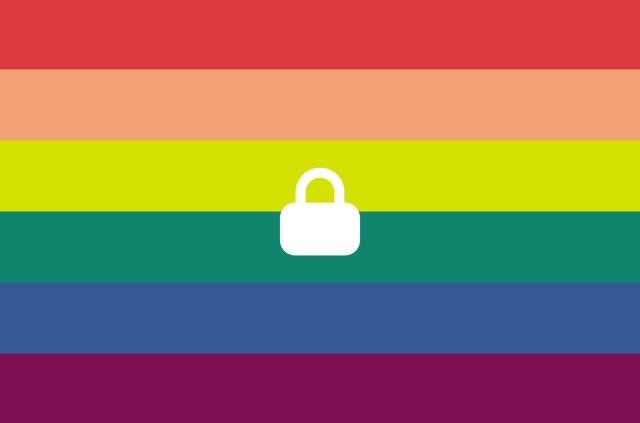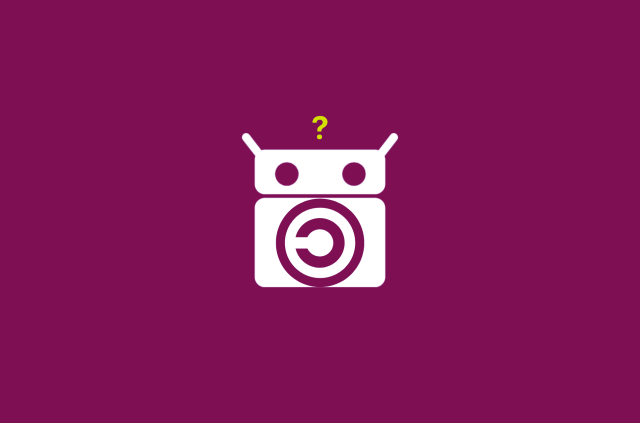
Let’s face it, breakups are never easy.
Most articles on the topic of handling breakups deal with the emotional aspect of decoupling—completely understandable, we’re human after all. But what about the other threads that bind couples together? Specifically, the digital ties couples share during a relationship, such as device passwords and Netflix accounts.
While it might seem drastic, immediately severing digital ties with your ex could help hasten the process of moving on. After all, if you’re no longer sharing accounts or have access to each other’s devices remotely, it’s less likely that you’ll be tempted to snoop on your ex, which means avoiding unhealthy emotional habits.
And you might be thinking: I would never do that. Well, a 2020 survey by USA Today found that one in 10 Americans admitted to using an app to monitor an ex or current partner’s text messages, phone calls, emails, and more. So even if you’re not doing it, your ex could be.
Read more: Flowchart: Which movie should you stream this Valentine’s Day?
Below, we’ve listed some of the things you could do after a breakup to protect your data and privacy.
1. Disable GPS tracking software
Smartphone providers like AT&T provide location-tracking services for joint phone accounts under its family plan. If you’re sharing your account with an ex, it might be wise to close the account or transfer ownership after removing yourself.
Additionally, if you’ve used location tracking apps or hardware devices like Apple’s AirTag, remember to unlink them from your devices or accounts. A New York Times writer details how she used AirTags, Tiles, and a GPS tracker to watch her husband’s every move (with his consent).
2. Change your passwords
Nearly eight in 10 Americans in relationships share passwords with their significant other, according to our 2020 survey. Passwords for streaming platforms, mobile devices, and social media are among the most shared. What’s even more surprising is that most couples surveyed shared passwords with each other within the first six months of dating.
If you’ve been in a relationship for longer, you’ve likely shared passwords to even more accounts. After the breakup, reset all passwords and use a password manager to randomly generate stronger passwords for personal accounts.
While you’re at it, enable two-factor authentication (2FA) wherever possible to properly secure your data. A disgruntled ex could try to hijack your account by changing your password, but having 2FA (linked to your phone, for example) could prevent them from doing so.
3. Reset smart devices
If you have shared smart devices in your home, it might be a good idea to reset them so your ex no longer has access.
In the UK, a 46-year-old woman tormented her ex’s new partner remotely through an Amazon smart speaker. The woman would turn her ex’s house’s lights on and off and remotely ask her ex’s new partner to leave the house and take her things with her. The woman also posted nude photos of her former partner on his Facebook profile, since she had the password.
Read more: What you should do when deleting an app from your phone
4. Unlink shared accounts
Platforms like Spotify, , and Apple Music all have family plans that help couples and families save money on subscription fees.
These plans are great options when you’re in a relationship but can be a pain after a breakup. While there isn’t usually much harm in your ex knowing the songs, videos, or podcasts you watch or listen to, it’s still a good idea to protect your privacy as much as you can. Not to mention, it could be quite embarrassing if your ex sees that you’re listening to a “How To Get Over A Breakup” podcast or “Greatest Love Songs” playlist on repeat.
Sharing a plan also probably means one person is still paying for the other person’s account. Don’t want to support your ex’s entertainment needs? Remove the other person, stat.
5. Wipe your search history and remove saved passwords on browsers
Long-term couples are likely to have shared devices like tablets, laptops, and more. If your ex gets to keep the formerly shared device after the breakup, clear your search history and remove downloaded files and documents to protect your privacy.
Go one step further and clear personal passwords and other information like credit card details that have been saved in your browser as well.
Last word: Think before you share
Ideally, not sharing passwords in the first place is the better way to protect yourself. But it’s unrealistic to expect couples not to share passwords for certain platforms, especially when they’re sharing a life together.
If you are sharing passwords, make sure to practice good password hygiene by using different passwords on each account and avoid sharing passwords with others through unsecured methods like text or social media. Use a password manager to help generate unique passwords and store them securely.
And good luck with your next romantic adventure!
Take the first step to protect yourself online. Try ExpressVPN risk-free.
Get ExpressVPN

















